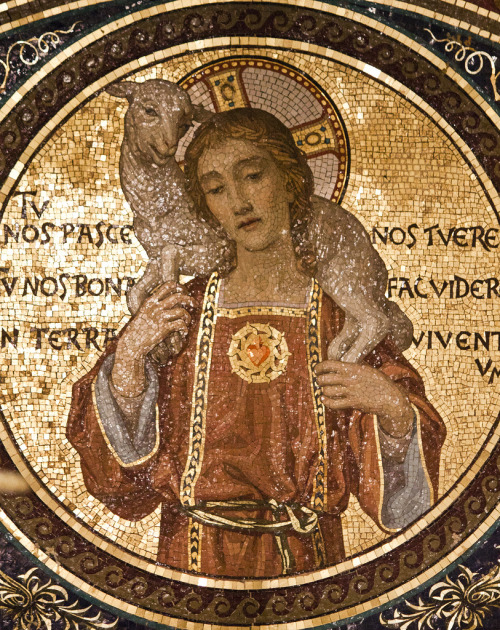As I opened my Enchiridion Indulgentiarum over my corn flakes this morning, I was overjoyed to discover that:
Plenaria indulgentia conceditur christifideli qui, in ecclesia vel oratorio, devote interfuerit sollemni cantui vel recitationi [hymnus] Te Deum, ultima anni die, ad gratias Deo referendas pro beneficiis totius anni decursu acceptis.
Which, in my holiday fatigue, I translated to read, "a plenary indulgence is granted to the faithful who, in a church or oratory, devotedly present the solemn singing or recitation of the hymn, Te Deum, on the last day of the year, to give thanks to God for the blessings received over the whole of the year."
If you are lucky enough, in your parishes, to be able to attend a liturgical or para-liturgical celebration of the end of the year, and the start of the new year, I'd strongly encourage you to go. What a wonderful way to usher in the new civil year, and to start as we mean to go on! If not, remember to thank the Lord for the blessings and graces he has worked in our lives this year. Some of those blessings we may not be able to see very clearly, but there are there whether we've noticed them or not, just like our guardian angels.
And, if you don't know the Te Deum, he's a lovely recording for you to listen to right now.
To Thee all Angels: to Thee the heavens and all the Powers therein. To Thee the Cherubim and Seraphim cry with unceasing voice: Holy, Holy, Holy: Lord God of Hosts. The heavens and the earth are full of the majesty of Thy glory.
Thee the glorious choir of the Apostles, Thee the admirable company of the Prophets, Thee the white-robed army of Martyrs praise, Thee the Holy Church throughout all the world, doth acknowledge.
The Father of infinite Majesty, Thine adorable, true and only Son, also the Holy Ghost, the Paraclete.
Thou art the King of Glory, O Christ. Thou art the everlasting Son of the Father. Thou having taken upon Thee to deliver man didst not abhor the Virgin's womb. Thou having overcome the sting of death didst open to believers the kingdom of heaven. Thou sittest at the right hand of God in the glory of the Father.
We believe that Thou shalt come to be our Judge. We beseech Thee, therefore, help Thy servants: whom Thou has redeemed with Thy precious Blood. Make them to be numbered with Thy Saints in glory everlasting.
Lord, save Thy people: and bless Thine inheritance. Govern them and lift them up forever. Day by day we bless Thee. And we praise Thy name forever: and world without end.
Vouchsafe, O Lord, this day to keep us without sin. Have mercy on us, O Lord: have mercy on us. Let Thy mercy, O Lord, be upon us: as we have hoped in Thee. O Lord, in Thee have I hoped: let me never be confounded.



































